An odd thing happened to the Greek music that had grown from rebetiko in the mid-1950s: there was a raft of songs, many written by Vasilis Tsitsanis, that melded Arabic rhythms and Arabic-sounding melodies and that told tales of desire and derring-do from eastern lands. Stella Haskil sang many of them – You are my sultan, Gulbahar (a Pontic Greek woman who caught the eye of the Ottoman Sultan), Arabian flower and others. While they featured the typical ensemble of late rebetiko – bouzouki, guitar and accordion – they didn’t sound much at all like rebetiko.
But there were earlier songs, clearly rebetiko, that played with the idea of foreign lands, with Morocco standing in as the home of exotic women that drew the ardour of the Greek singers. I’m aware of at least three and there are probably more in the huge repertoire of pre-WWII rebetiko.
One was Maroko (the Greek spelling of Morocco) by Markos Vamvakaris, who sang about taking his boat to Morocco and claiming a beauty that he would bring back and build a palace for in Piraeus. It was recorded in 1940, with Apostolos Hatzichristos, with lyrics by Giorgos Petropouleas and composition credited to Iakovos Diamantopoulos.
Before that, one year earlier, there was Esme from Morocco, written by Panagiotis Tountas, and recorded by Stellakis Perpiniadis and Ioanna Georgakopoulou. Esme, moon-faced and ivory-bodied, possesses the singer, body and soul.
Esme, my sweet hanumi
your gazes melted me
I die when you smile
through your veil
The third reference to Morocco that I know of is in the Tountas song I want a princess. It was recorded in 1936 by Perpiniades, who can’t find a beautiful Greek woman who is not poor, and instead wants a princess from Morocco.
She will make me a king, over there in the Arab world
And I will have everything for her, my mother, may you be happy
There may be more classic era rebetiko songs that make at least a passing reference to Morocco, which leaves me wondering how the northwestern-most African country came to symbolize the exoticism of the Arab world. After all, Egypt was much closer. There had been ties between Egypt and Greece as trading nations and then as part of Alexander the Great’s empire. Some of the musicians who wound up in Athens after the 19232-’23 population exchange had performed, and even lived, in Egypt.
Perhaps it was the fact that Alexandria in Egypt was at that time very much a Greek-influenced city, so not that “strange.” Morocco was far enough away which made it exotic enough to fit with the songs. And in 1930, the country had been romanticized in the movie Morocco, which starred Marlene Deitrich as a cabaret singer and Gary Cooper as a dashing Foreign Legionnaire. Greeks, as a seagoing, trading nation, would also have had some familiarity with the country.
Or perhaps it was just that the word Morocco fit nicely into the lyrics they were writing, that its flowing sound is just exotic enough to please the ear and the imagination.
I could have chosen any of these three songs, but I decided on Maroko by Vamvakaris and Hatzichristos. It’s one of Vamvakaris’s lesser-known songs, but it’s a favourite of mine, both to listen to and to play.

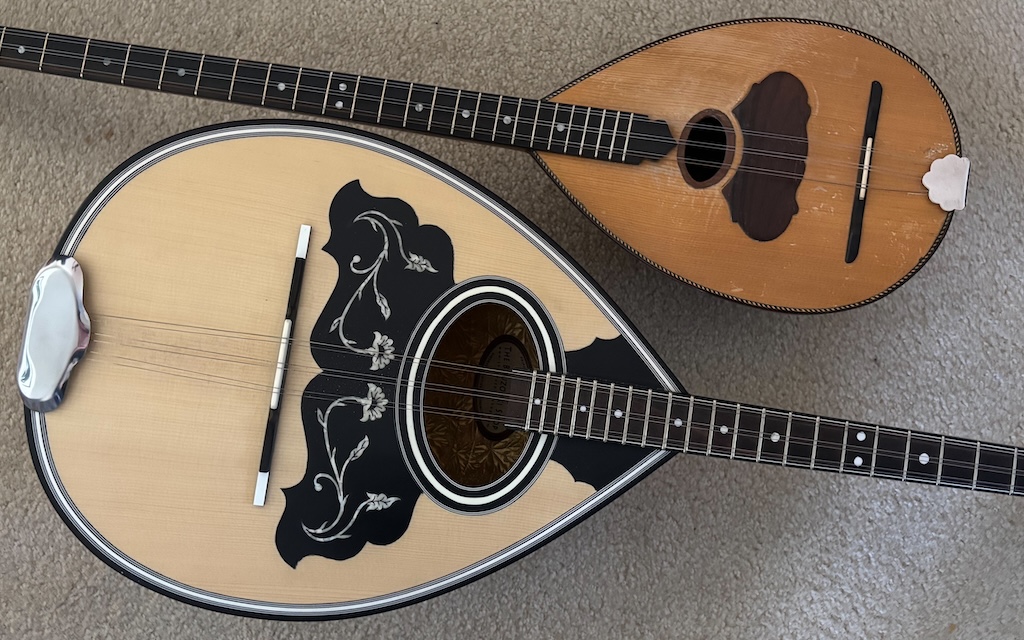
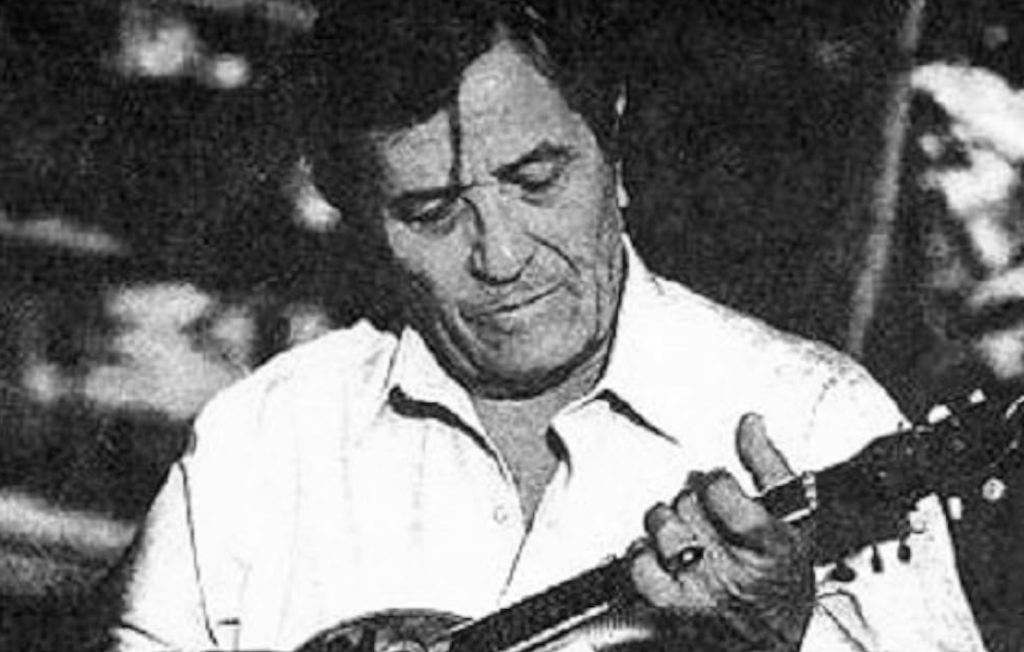
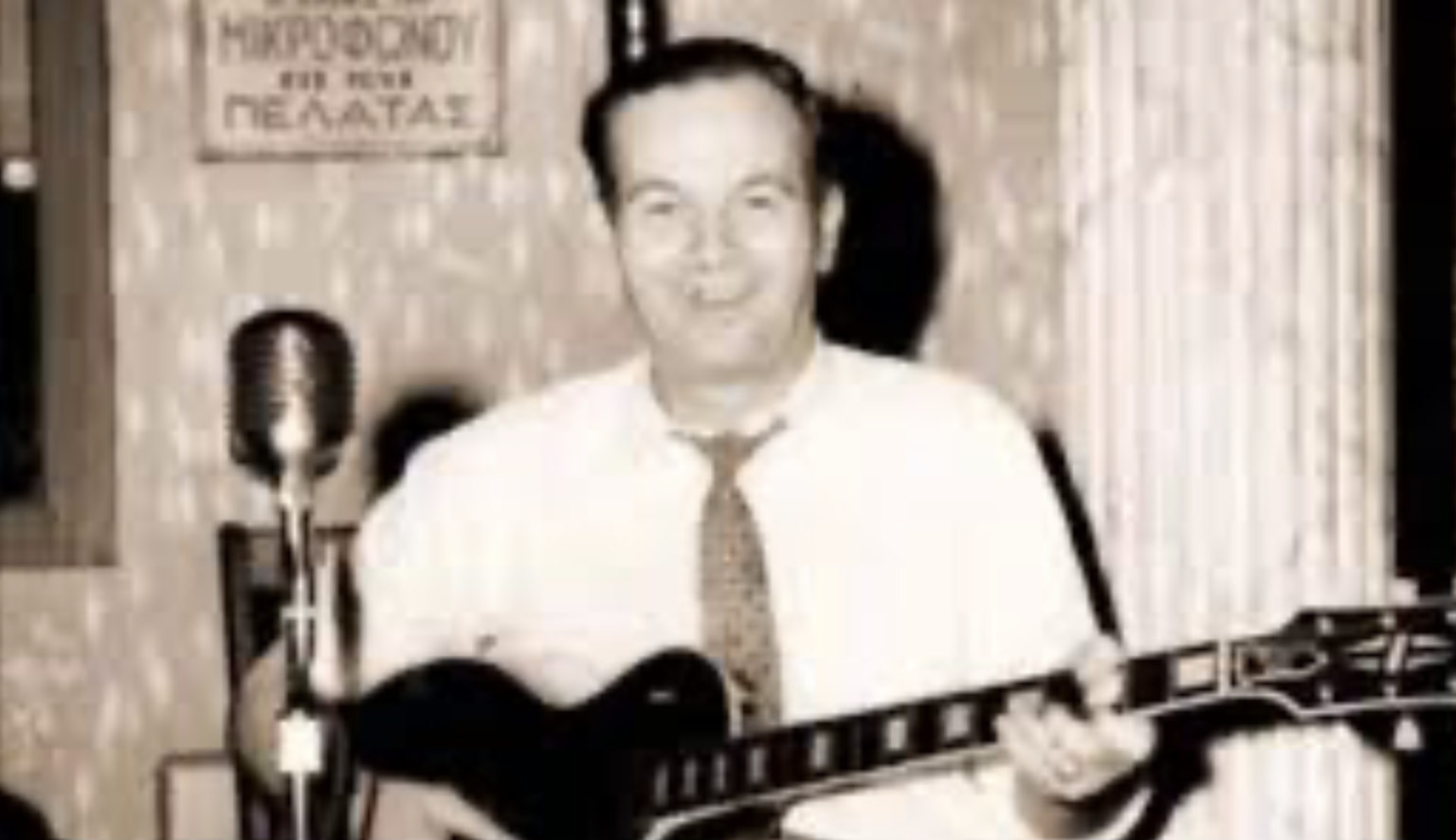
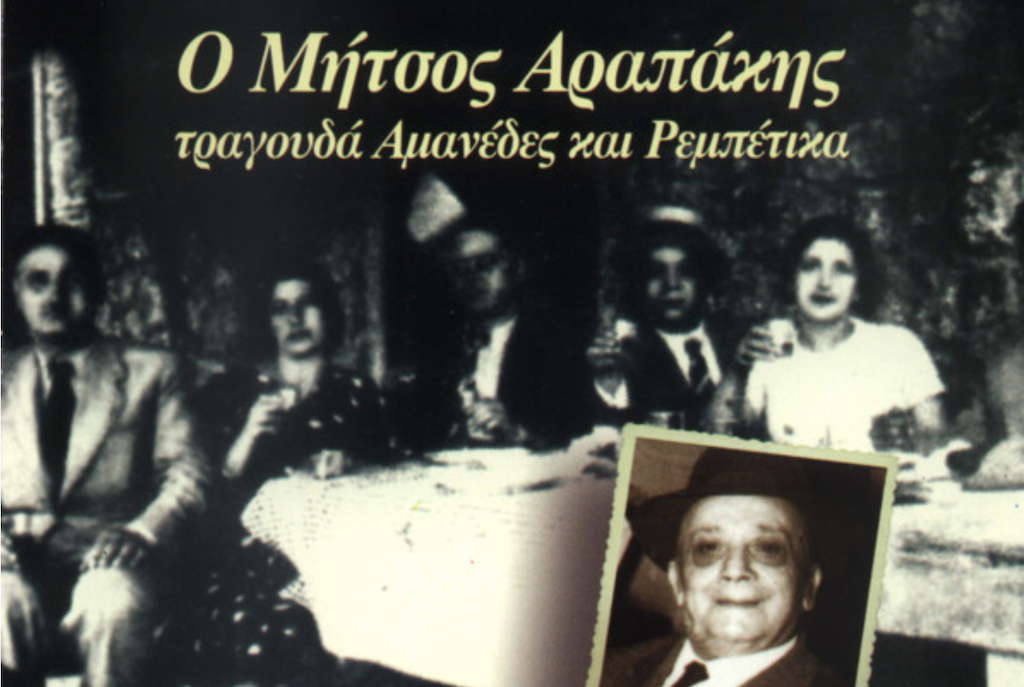
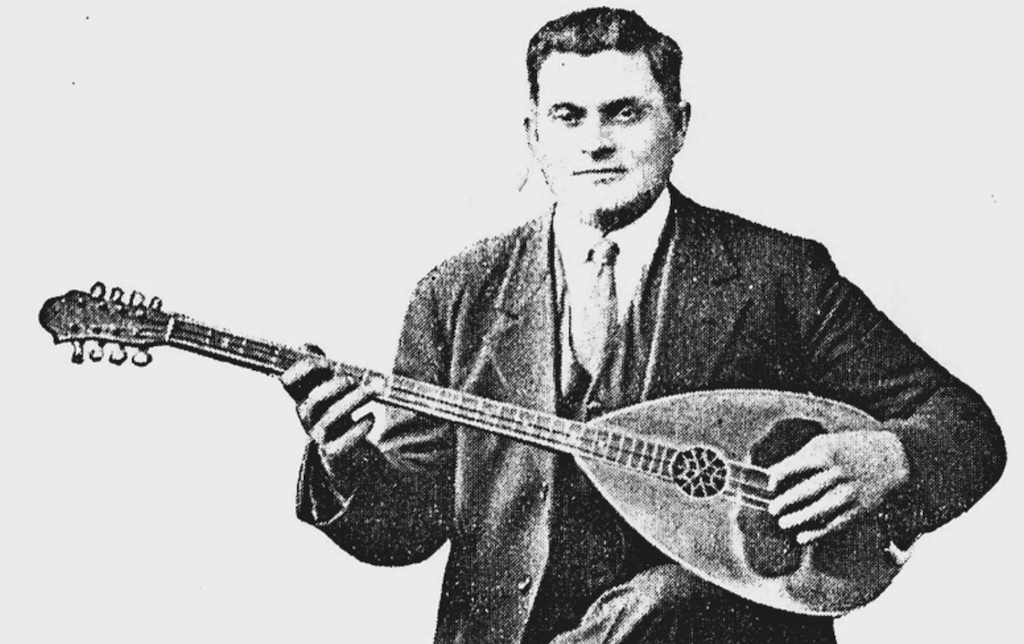
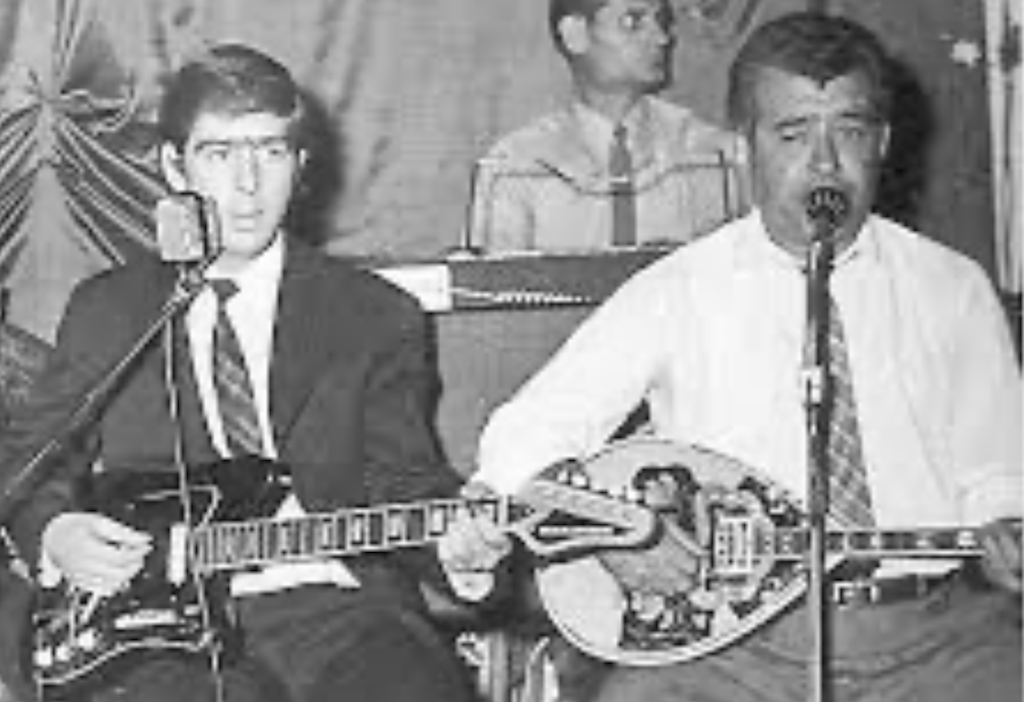
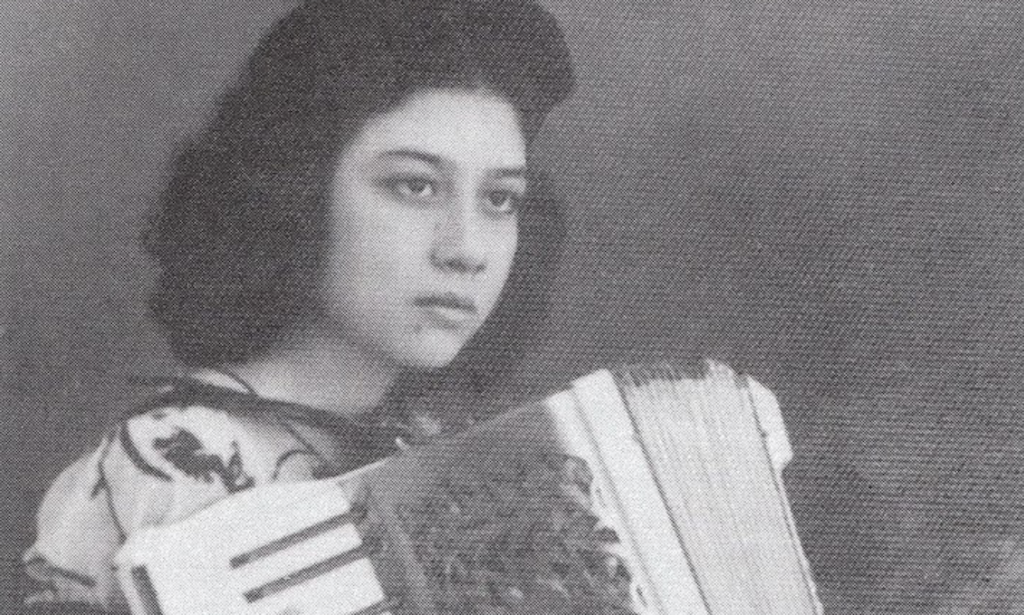
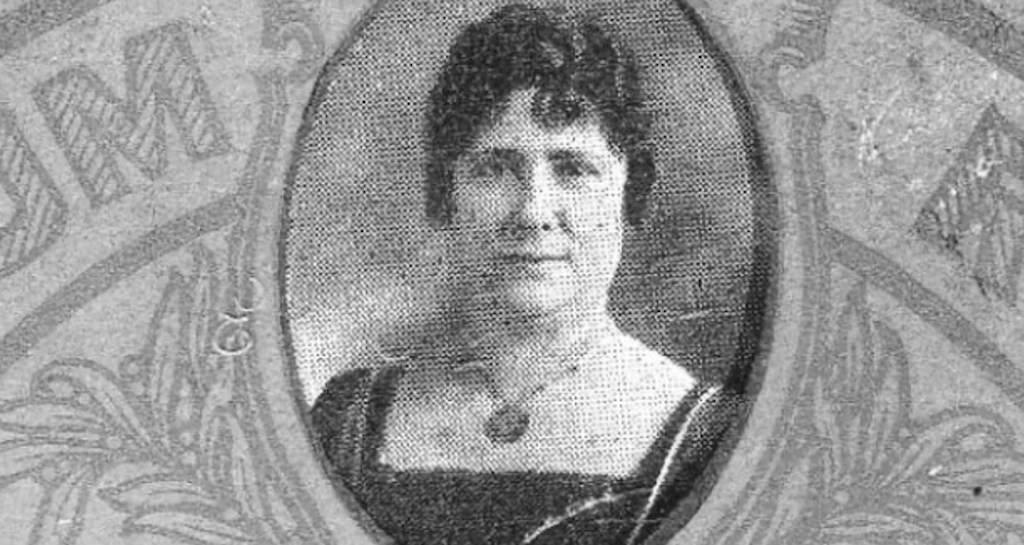


Leave a Reply